Spin Not The Answer On Rates Hike
Written by John Freer on March 30, 2023
By John Freer
Change – it was the theme used extensively as both mayoral candidates and potential councillors sought votes at last year’s local body elections.
The question now, as Thames Coromandel property owners face rates increases the likes of which have never previously been experienced, what changes have been implemented to potentially off-set this.
And don’t be surprised by the answer – very little.
There is no denying that the likes of inflation and a new solid waste agreement.
When facing increases of up to 14 percent for Mercury Bay and 13.7 percent for Thames, you would hope that new thinking would be adopted, and change applied to determine a new and different way forward.
Crisis is the most appropriate term when considering the position now being faced by Thames Coromandel residents and business owners.
To deal with this crisis, Thames Coromandel Mayor and his Councillors, have seemingly adopted what is a council staff driven annual plan, tweaked and then pushed out to residents to comment on.
With the plan has come a very extensive public relations or spin document entitled Te Whakahou Me Te Whakaora Rebuild and Recover.
In an attempt not to get bogged down with the bureaucracy, all councils have long term plans – Thames Coromandel’s is 2021 to 2031. Works and financials are estimated over that period. Each year the proposed annual plan is revised and budgeted and then put out for consultation before being implemented.
The spin document states that there are several differences in the current plan compared to what was set out in year three of the LTP. Correct – rates are going up on average to 11.4 percent – not 7.7 percent as forecast, $2.9 million out of a total council budget of $100 million has been trimmed off the operational works programme, the capital works programme has been reduced by $6.3 million while somewhat surprisingly $6.7 million of depreciation is going unfunded.
What is scary is the fact no funding has been allocated for the impacts of Cyclone Hale or Cyclone Gabrielle – instead there is significant rhetoric about government ministers visits and approaches being made for government funding.
An assumption has been made that “repairing our roads….could pass $40 million – that’s money we don’t have in our budgets”. And that $40 million is only tagged to roads – 90 percent of this should be recoverable from the NZTA disaster fund.
A couple of questions here – the document talks about rebuild and recovery – what percent of the 14 percent increase for Mercury Bay is rebuild and recovery, same for the 13.7 percent in Thames, the 12.9 percent for Tairua/Pauanui, 12 percent for Coromandel/Colville and 11.8 percent for Whangamata?
Next question – what happens if the government does not provide the funds to cover the $40 million assumption – they are obliged to reimburse costs for roading repairs – 71 percent for Hale and 90 percent for Gabrielle – there is a fair chance some will be provided because it is election year.
All indicators are that the financial position is not going to recover during the year ahead. Forecasts across business are dire – the council’s own survey shows that.
Let’s return to the term crisis. As a result, if you were the chairman of any organisation in this position you would have sat down with your fellow board members and senior staff to develop a new plan.
The priorities would have been the crucial aspects in council’s case – roads, water, waste, community health, education and communications. Economic development must be included at a minimum to support the commercial fabric of the region.
A plan with a beginning, end, budget and key performance indicators would have been produced – this is no evident with the plan out for consultation.
This would have included consultation with community boards and even ratepayer groups – getting buy-in up front.
Assumptions would not be accepted with only accurate data and information being included. And like it or not, cuts would be required – everywhere.
Thames Coromandel has no other option but to forget the wokeness and accept reality, come clean and show exactly what is driving the increase in rates and break this down so it is clear to see and understand. Surely there are options to reduce the increase – even Auckland has got its proposed increase back to 7 percent.
A new direction, a new plan, accurate forecasting and budgets, timelines and outcomes, encompassing community involvement.
That’s change – the one thing all those at the council table said they wanted.
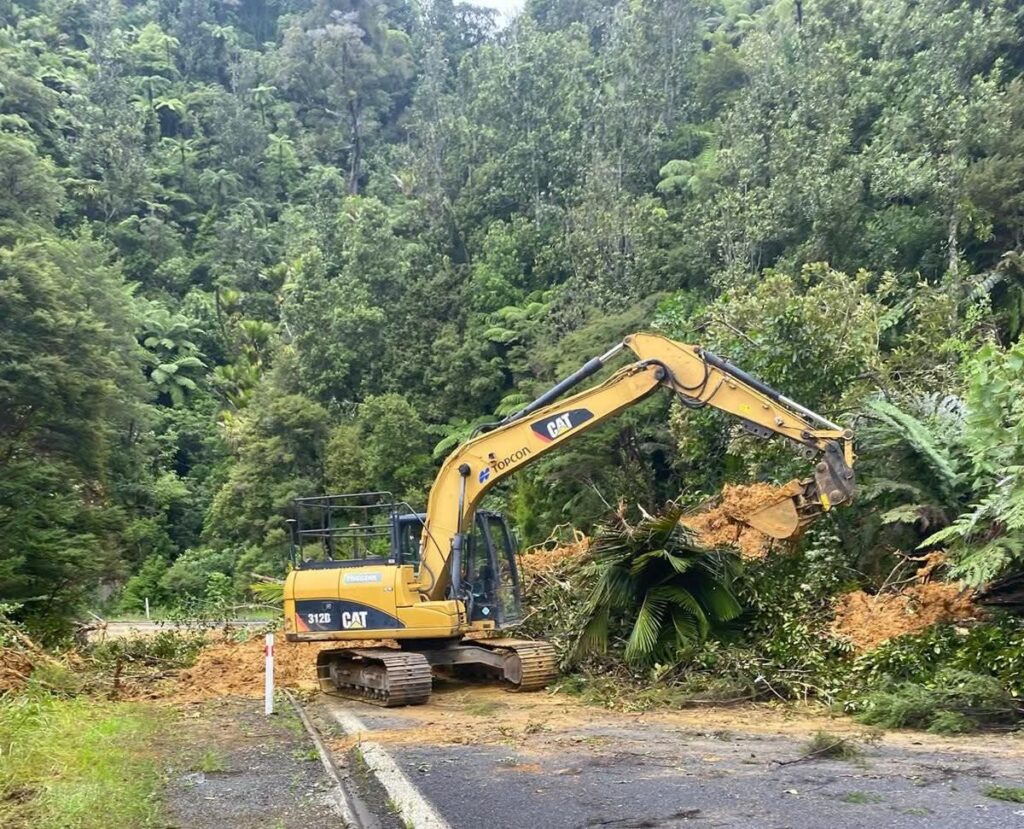
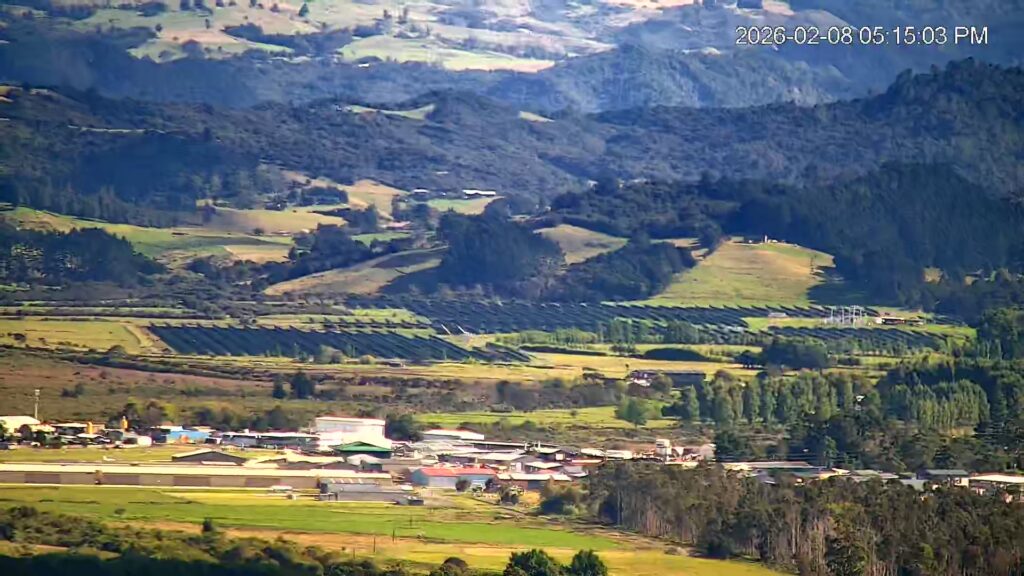
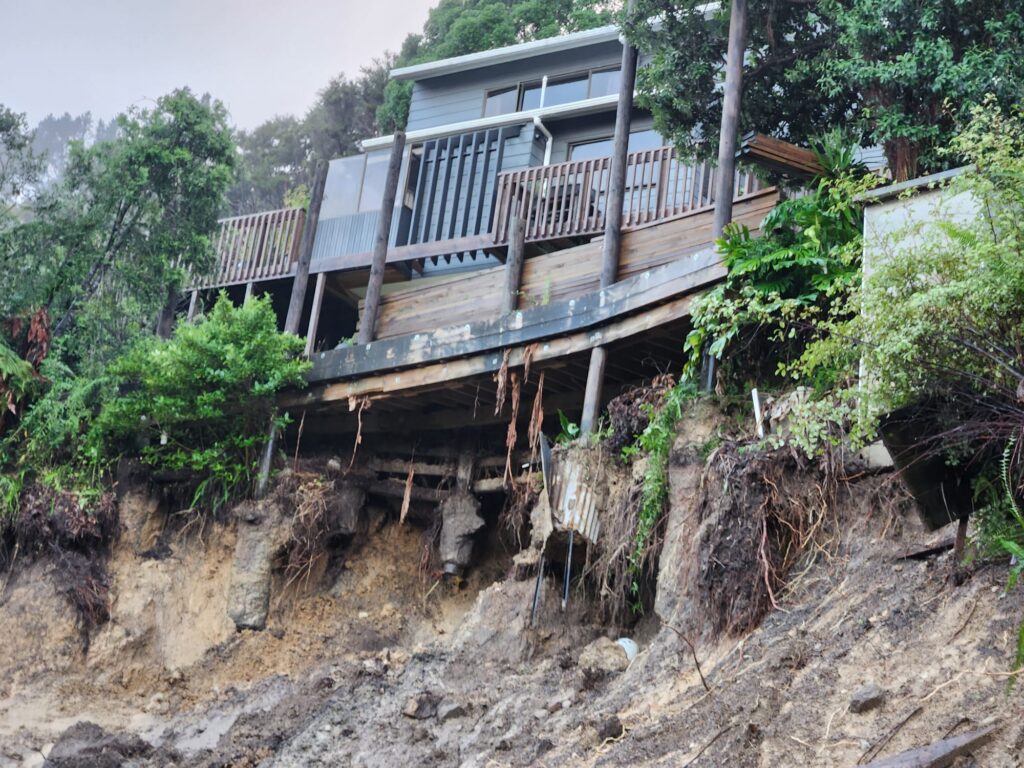
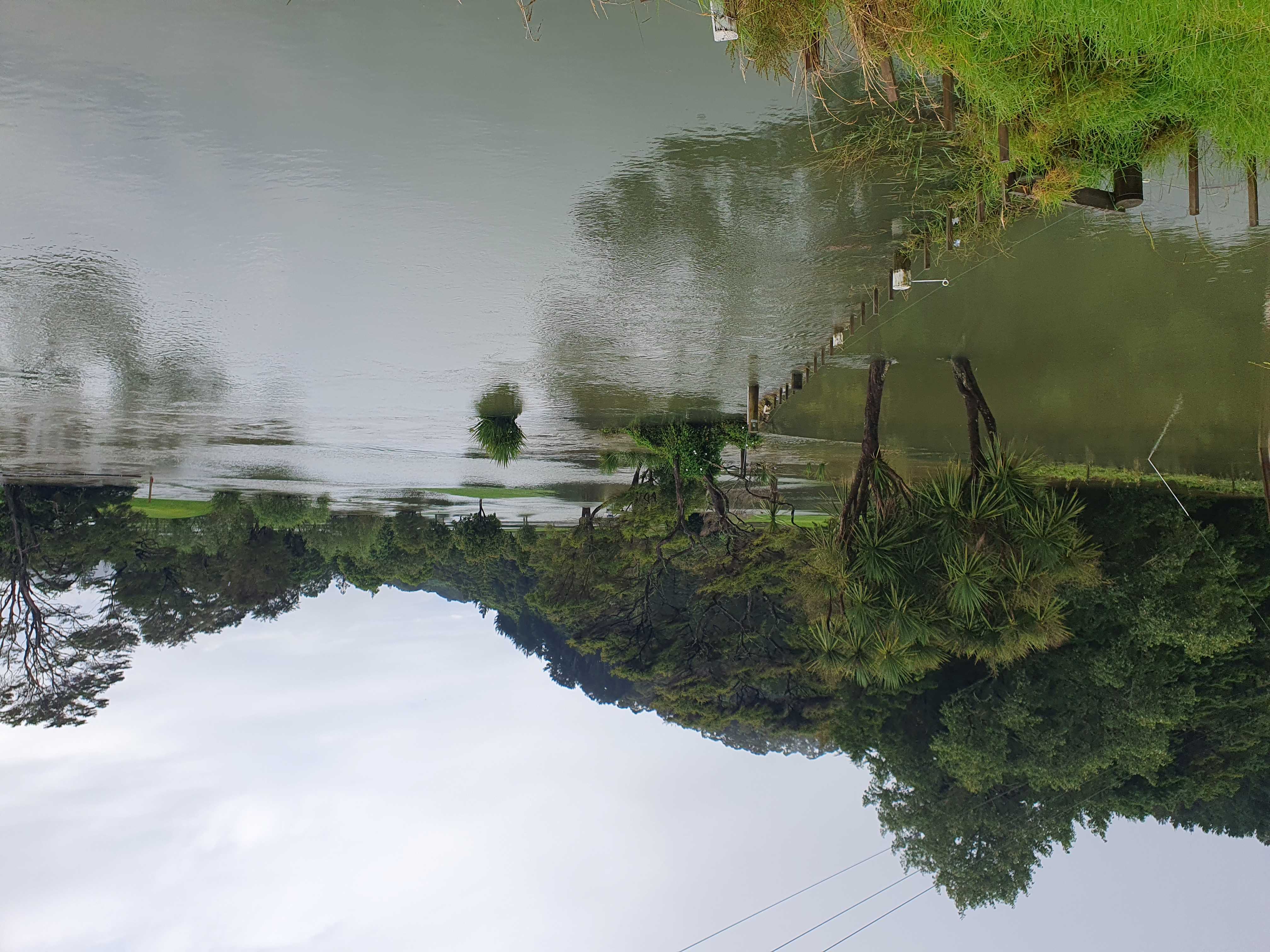
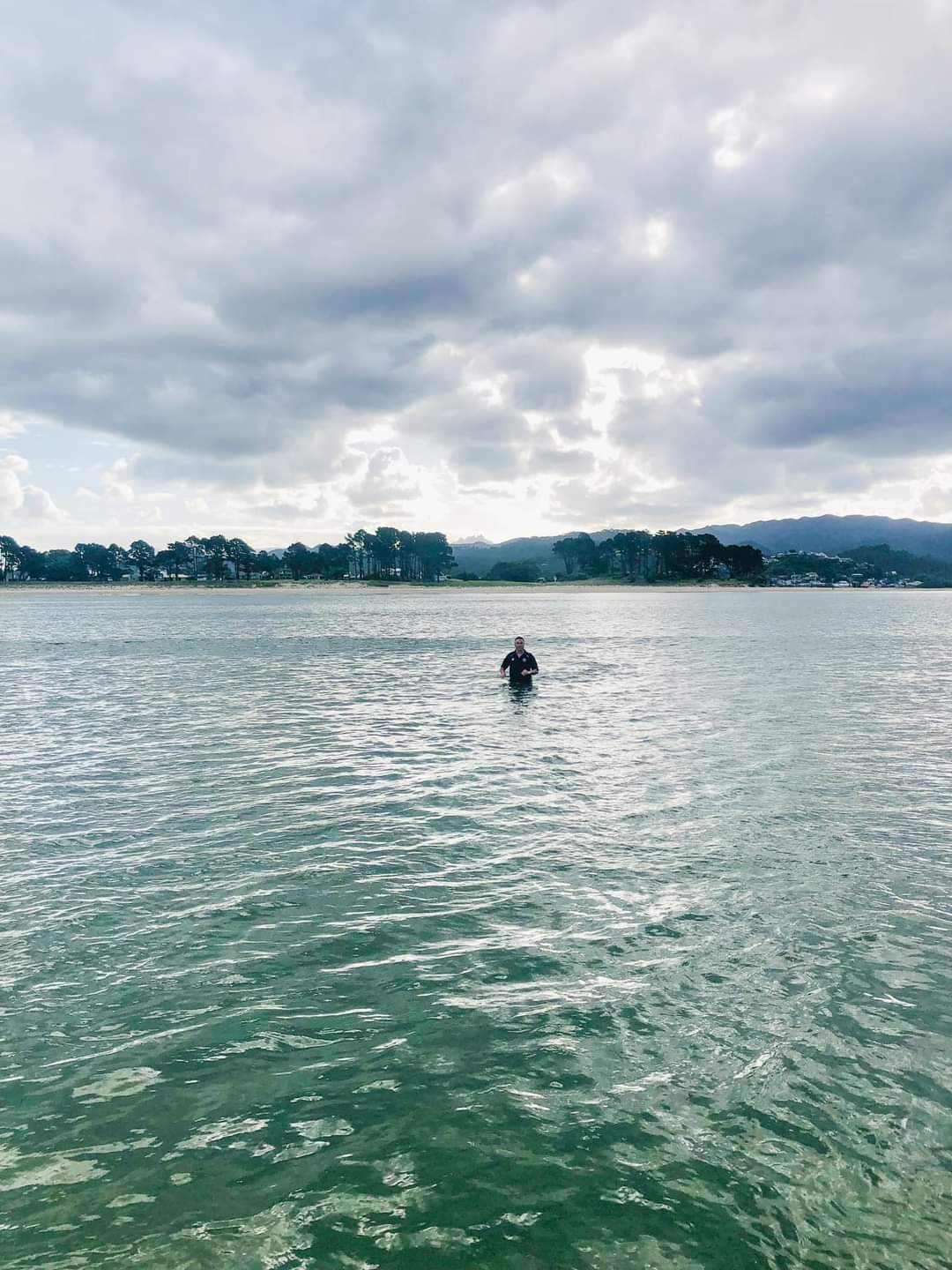

Ken Hindmarsh On March 30, 2023 at 4:06 pm
Just penned a email to fellow Business Association board members. Would love to chat John